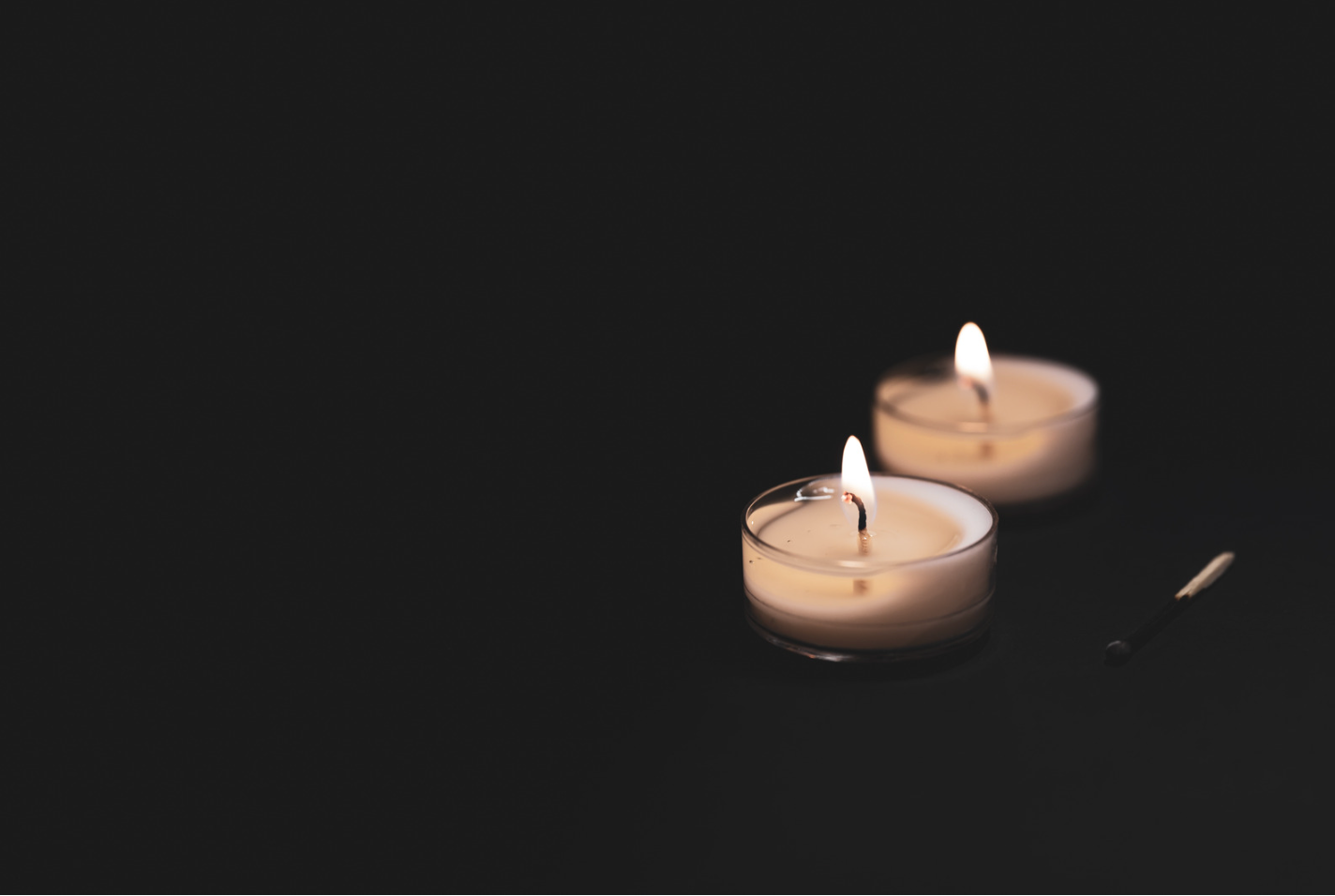I don’t think we talk enough about acupuncture. Honestly, it feels like one of the best-kept secrets in wellness — even though it’s been around for thousands of years. It’s so widely underused, and for so many of us struggling with hormones, anxiety, OCD-like food and body thoughts, or just trying to feel calmer inside our own skin, it could be truly life-changing.
So I wanted to share a little bit about my own journey with acupuncture — how it’s helped me regulate my hormones, quiet my mind, and find a kind of peace I didn’t even know was possible — along with some gentle science, history, insurance tips, and encouragement for anyone who might be curious.
How Acupuncture Changed My Life
For years, my hormones were all over the place. My cycles were irregular, my moods were unpredictable, and I often felt like my body was working against me. On top of that, I was dealing with intrusive thoughts around food and my body — obsessive cycles that felt impossible to break.
Acupuncture became this unexpected gift. I originally went for my hormones, hoping to regulate my cycle naturally. What I didn’t expect was how much it would help my mental health. Those sessions quickly became my safe haven. I could literally feel my nervous system letting go — my racing thoughts would slow, my body would soften, and I’d walk out with a kind of calm that carried me through the week.
Over time, it helped quiet my OCD-like thoughts around food and my body. It didn’t erase them, but it gave me a softness and stability that made it easier to untangle those patterns.
The History & Science (In a Gentle Nutshell)
Acupuncture isn’t some new wellness trend — it’s been practiced for over 2,000 years, rooted in Traditional Chinese Medicine. The idea is simple and profound: your body is a network of energy pathways (meridians), and stimulating specific points helps clear blocks so your body can heal and regulate itself.
Modern science is catching up to what ancient practitioners already knew. Research shows acupuncture can:
-
Balance hormones by regulating the HPA (stress) and HPO (reproductive) axes.
-
Boost neurotransmitters like serotonin and endorphins, easing anxiety and depression.
-
Lower inflammation and modulate appetite hormones, which is huge if you’ve struggled with compulsive food thoughts or cycles.
There’s even emerging research showing acupuncture can be a helpful complementary tool for OCD and eating-related behaviors — not by “curing” them, but by soothing the underlying anxiety and helping your brain process stress in a healthier way.
Why It Takes Time (and Why That’s Actually a Beautiful Thing)
Something that’s so important to understand: acupuncture isn’t an instant fix. You probably won’t walk out of your first session completely transformed (even though many people do feel calmer right away). It’s more like planting seeds in your inner garden. Each session builds on the last, helping your body remember how to regulate itself again.
Why does it take time? Because holistic healing works with your body’s natural rhythms — it doesn’t force or override them.
-
For hormones, it might take a few cycles to see steady changes, because your endocrine system needs time to recalibrate.
-
For mental health, acupuncture helps adjust neurotransmitters like serotonin, GABA, and endorphins. These shifts are gentle and cumulative, especially if your nervous system has been stuck in overdrive for years.
-
For OCD-like thoughts and food patterns, it takes repeated soothing of your stress response before those mental loops can start to unwind.
It’s slow medicine — and honestly, I think that’s what makes it so special. It teaches patience, presence, and trust in your body’s incredible ability to heal when given the right support.
Why Aren’t More People Using It?
Honestly? Because it’s still not fully embraced by our healthcare system. Many people assume acupuncture isn’t covered by insurance (or they’ve simply never been encouraged to try it).
-
Medicare will sometimes cover acupuncture for chronic low back pain.
-
Private insurance like Blue Cross, Aetna, and Cigna often cover it for certain conditions like migraines or nausea — but you’ll usually need a diagnosis and a referral that shows it’s “medically necessary.”
-
Some specialized programs, like the WTC Health Program, even cover acupuncture up to 20 times a year for certified conditions.
It’s always worth checking with your insurance — and asking your provider to code your treatments properly. The more of us who advocate for coverage, the more likely it is to become widely accepted as essential care.
What I’d Want You to Know
If your nervous system feels frazzled… if you’re stuck in loops of obsessing about your body or food… if your hormones feel like they’re on a roller coaster… acupuncture might be a gentle place to start.
It’s not invasive. It’s not about pumping your body full of chemicals. It’s about helping your system tap back into its own natural rhythms — calming your stress response, easing mental chatter, and gently nudging your hormones and neurotransmitters back toward balance.
I wish more people knew how much relief is possible. And how peaceful it can feel to finally have a tool that doesn’t rely on sheer willpower or forcing yourself to be different.
A Few Tips If You’re Curious
-
Look for a certified acupuncturist. (NCCAOM certification is a good sign.)
-
Talk to your doctor. Many insurances want a referral to show it’s “medically necessary.”
-
Track how you feel. Notice shifts in your cycles, your anxiety levels, your intrusive thoughts, and your overall sense of calm.
-
Don’t be afraid to advocate. Insurance coverage is patchy but growing. Each of us asking makes it more likely these services will be seen as essential.
Some Beautiful Research & Resources
If you love to nerd out like me, here are a few pieces worth reading:
Closing Thoughts from My Heart
I think of acupuncture as one more tender way to care for myself — to hold my body and mind with compassion instead of judgment. It’s become part of how I build trust with my body again. How I show up for the girl inside me who used to think her worth was tied up in her weight or how perfectly she ate that day.
If this stirs something in you, maybe it’s time to explore it. Or at least to stay open to the possibility that healing doesn’t always have to be so hard. Sometimes, it’s about lying on a table, breathing deep, and letting tiny needles help your nervous system remember how to be safe.
If you want to chat more, just reach out. Mallory’s Corner is here for exactly this — to explore gentle, powerful ways to bloom into who we’re meant to be.



